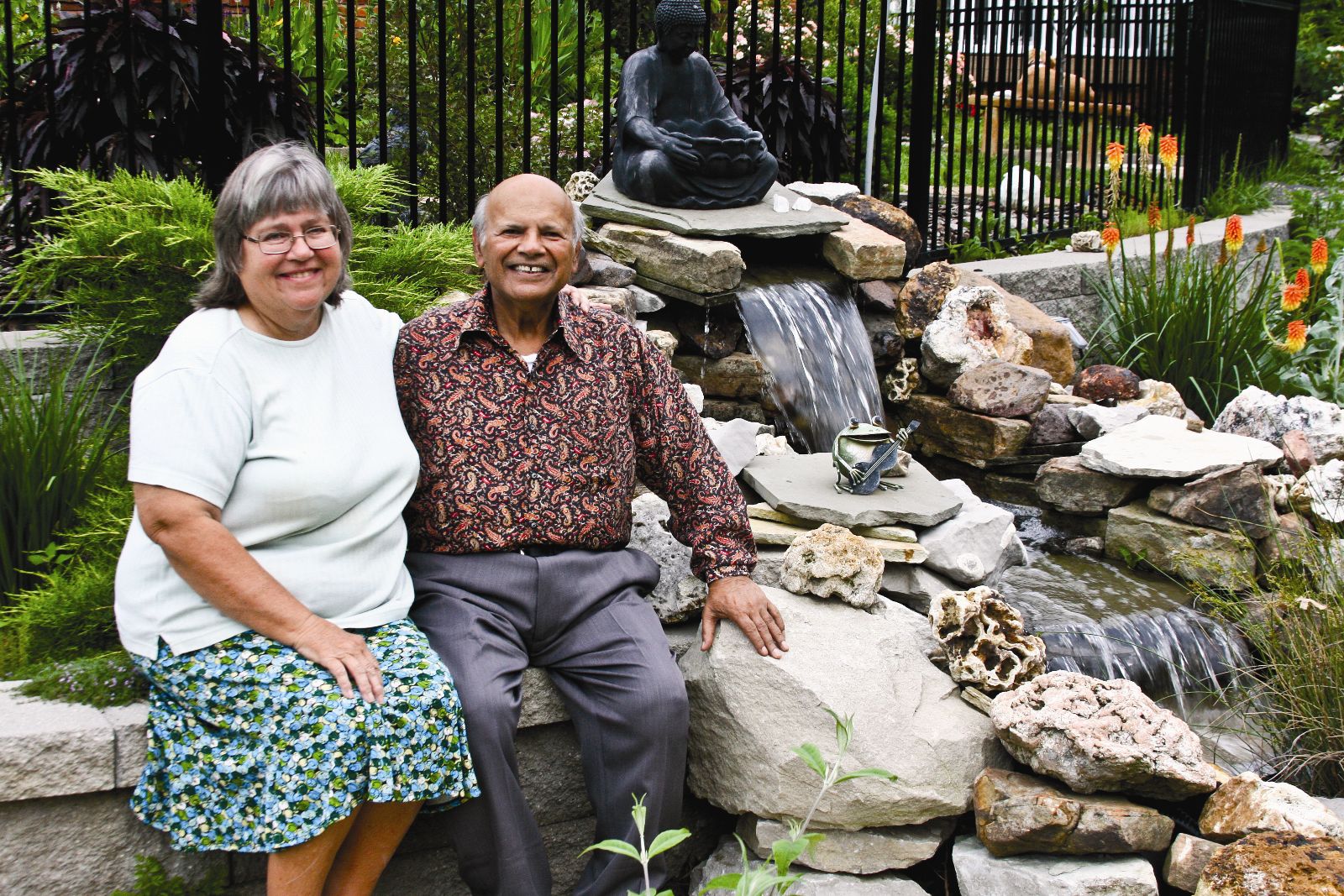Alumnus shows entrepreneurial spirit
 Surendra Gupta first came to the United States in 1963 on a very slow, 23-day boat trip to earn a Ph.D. at Wayne State on the recommendation of one of his professors at the Indian Institute of Technology in Mumbai, India. Two key things happened at Wayne State that would forever change the course of his life: a dissertation topic focusing on carbohydrate chemistry, and meeting the woman who would eventually become his wife.
Surendra Gupta first came to the United States in 1963 on a very slow, 23-day boat trip to earn a Ph.D. at Wayne State on the recommendation of one of his professors at the Indian Institute of Technology in Mumbai, India. Two key things happened at Wayne State that would forever change the course of his life: a dissertation topic focusing on carbohydrate chemistry, and meeting the woman who would eventually become his wife.
His specialization helped him get his first industrial job in Boston. He applied to one of only two radioactive carbohydrate chemical supply companies in the world at the timeNew England Nuclear that was looking for a group leader for their carbohydrate group. Because of his specialization, he got the job supervising a group of seven people and learned a great deal about radioactive chemicals and just how profitable they can be.
"No one, not even my advisor, thought I would succeed they were all shocked when I passed my Ph.D. qualifying exam," said Gupta.
After six years, Dupont bought out the company and Gupta left for a smaller company, Pathfinder Labs in St. Louis, where he was a group leader involved with not only R&D and production, but also marketing. Because of the added marketing responsibilities, Gupta was able to attend numerous conferences, where he built up a list of contacts within the industry. During his first two years with Pathfinder Labs, Gupta grew annual sales volume from $60,000 to $250,000. In 1983, the company was suffering financial difficulties due to the downfall in the U.S. economy. Gupta wasn't getting the resources he felt he needed and decided to start his own company.
"Last year was an important year for me," Gupta recalled. "It marked the 30-year anniversary of my company and 50 years that I've been in the United States."
Coming from a family of business owners, Gupta understood the importance of operating with a low budget. He started American Radiolabeled Chemical (ARC) Inc. in 1983 with a small business loan of $60,000 that he paid off within the first year. Without any advertising or marketing, Gupta convinced customers that the quality of ARC's chemicals was as good as what they were currently buying and he offered them at a quarter of their cost. Word spread rapidly, and so did ARC's sales volumes. In 1985, Gupta moved his company from downtown St. Louis to a five-acre parcel outside of town where they have grown to five buildings, 25,000 square feet of office space, 10,000 square feet of production and 35 employees. ARC serves customers worldwide, with distributors in 30 countries, and has grown to become the largest catalog business in the world. The company's 2013 catalog (the largest in the industry) contains more than 5,000 radiolabeled and unlabeled chemicals for life science research 75 percent of which are exclusively available through ARC. In addition to catalog items, ARC offers a wide range of custom synthesis services using carbon-14 and tritium. ARC is a debt-free, family-owned business.
This article was previously published in Wayne State's alumni magazine.